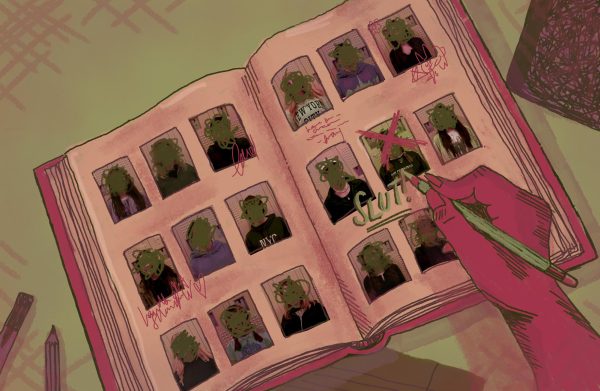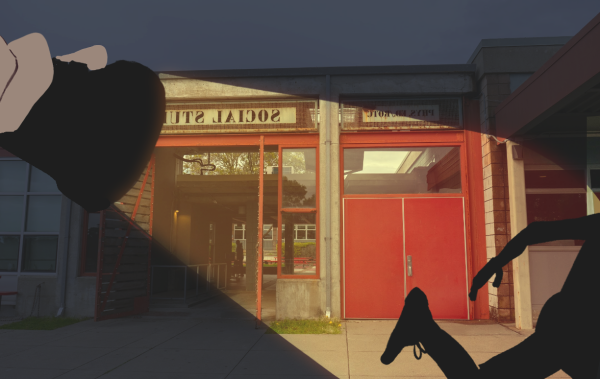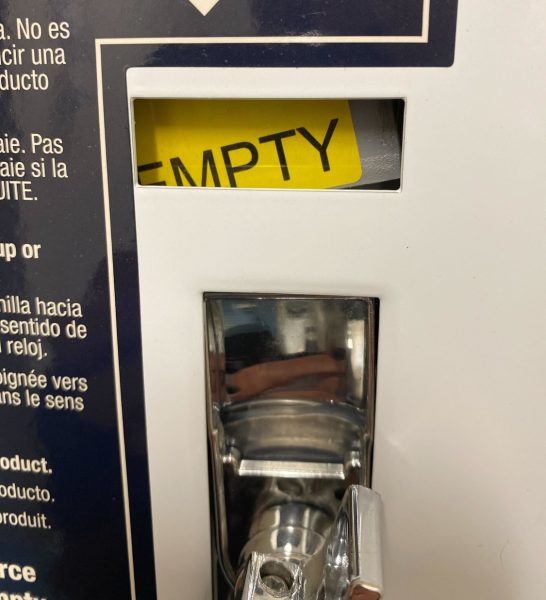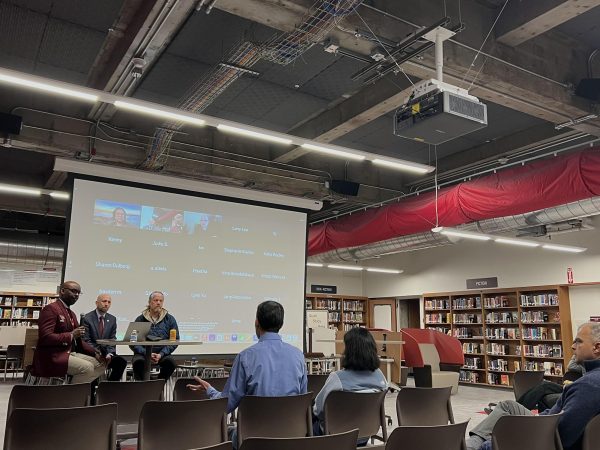Following up on the district’s renaming fiasco

On. Feb. 21 Board of Education President Gabriela López announced, in a letter, several major changes to the renaming process. These changes include a postponement of the entire process until schools reopen and comprehensive historical analysis. The announcement came after criticism from both the San Francisco community to national pundits. With the renaming of 44 San Francisco schools delayed, the process is being reanalyzed by both supporters and critics and controversy over Lowell’s namesake is being addressed.
In her statement, López promises that going forward the entire focus and energy of the Board will be on reopening schools.Despite this change of pace, the time lost and taken up by this renaming process has affected Lowell. Dacotah Swett remarked in the School Site Council meeting on Feb. 22 that renaming had been time consuming for her and that the Principals’ Union had been calling to postpone this issue since September as well. “[The Board] said that our time wasn’t being taken up by the renaming; I have been in many many meetings about renaming so that wasn’t true,” she said.
One of the major changes in the renaming process is López’s promise for historical accuracy. In her announcement letter, published in the San Francisco Chronicle as an op-ed, López included plans of “engaging historians at nearby universities” when the process resumes.
Prior to this announcement, she had been in favor of the School Name Advisory Committee’s methods. In an interview with The New Yorker on Feb. 6, López was not concerned about the Committee’s decision not to include historians in their evaluation of school names nor their evaluation process as a whole. Before this, according to Committee member Doug Hammaker, research was done “pretty quick with some really casual Google searches.” Sophomore Micah Mangot, who attended the Board meeting on Jan. 26 that approved the renaming of all 44 schools, remembers Commissioner Mark Sanchez congratulating the Advisory Committee members on their in-depth research despite public concerns over historical inaccuracies. “It really gave me the impression that they hadn’t taken into account what the public comment had just said,” Mangot said.
For now renaming has been put on hold by the Board. She announced that the BOE is prioritizing the reopening of schools and will be canceling any renaming committee meetings until after the schools are in person. When the process begins again, López promises a more thorough review of all names. “In the meantime, this is the last time I’ll comment publicly on renaming until schools are reopened,” she wrote. “We will not be taking valuable time from our board agendas to further discuss this, as we need to prioritize reopening.”
What is Lowell’s Actual Namesake?
With the process postponed for a second time, there is still controversy over Lowell High School’s own namesake. According to the Advisory Committee, Lowell was named after poet and activist James Russell Lowell. However, some in the Lowell Alumni Association believe this isn’t true. Terence Abad, Executive Director of the Lowell Alumni Association, who supports many of the name changes, does not support Lowell’s. He believes the school was named after the city of Lowell, Massachusetts based on a document from when the school was named. In 1894, according to a letter from the Superintendent, the San Francisco School District renamed Boy’s High School to Lowell High School. This was under chair of the Rules Committee Pelham W. Ames, who had been born in Lowell, Massachusetts. According to Abad, Pelham’s father, Seth Ames, was a prominent figure in the city of Lowell, serving as a member of the Lowell Board of Aldermen, Massachusetts state representative, state senator, Lowell City Solicitor and on the Massachusetts Supreme Court. If this were true, it would invalidate the reasoning to rename Lowell. “James Russell had already been prominent by 1894 so it’s not totally illogical that the school could have been named for him, but it appears it was not,” Abad said. “If the school isn’t named for James Russell Lowell then it doesn’t matter if James Russell Lowell actually wrote what they claim that he wrote.”
To avoid any renaming or district costs Abad is willing to sever the school’s physical connection with James Russell Lowell. Currently Lowell has a bust of him in the hall and his image is on the cover of a yearbook. These can be taken down, Abad says. The Alumni Association owns the bust, so any removal wouldn’t affect the district. “I’m happy to remove the bust of James Russell Lowell immediately and to disavow any relationship to James Russell Lowell,” he said. “If I could get into the building, I would take it out right now.”
While reopening is now being focused on, the renaming process will begin again in the future. Mangot and Abad hope that when it comes time the Committee will adhere to the new renaming rules and guidelines. “I think some of [the renaming] is worth it,” Magnot said. “I don’t know if it’s time right now. I think there’s definitely prioritization that the Board of Education needs to take into account.”













Paulo • Mar 31, 2021 at 5:13 pm
And what happens hence forward after you start with the renaming of schools? What may the next board, or the one after, decide on for different names after you’ve set precedence Ms. López?